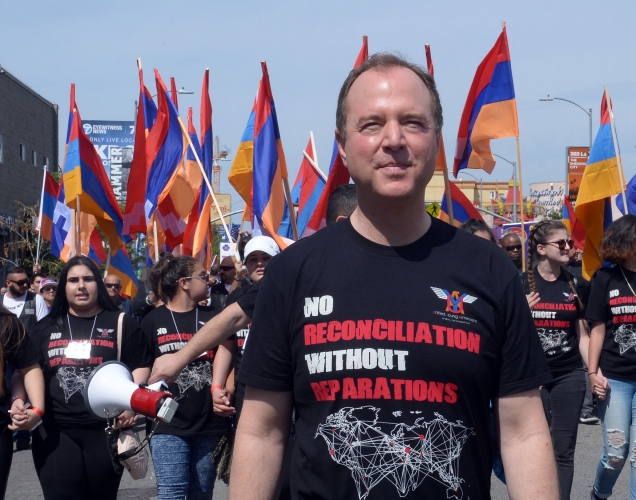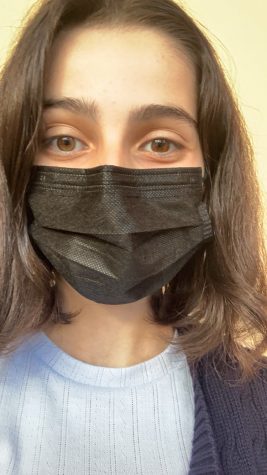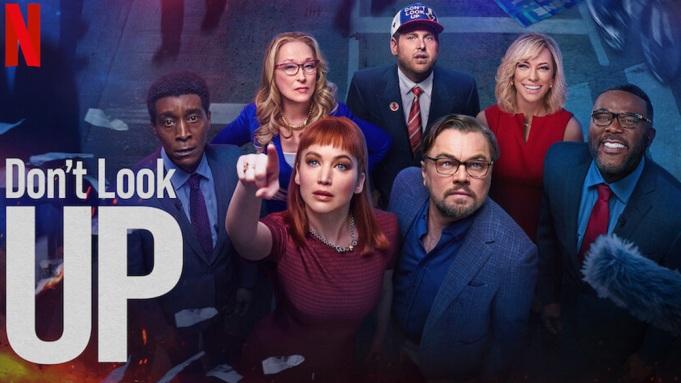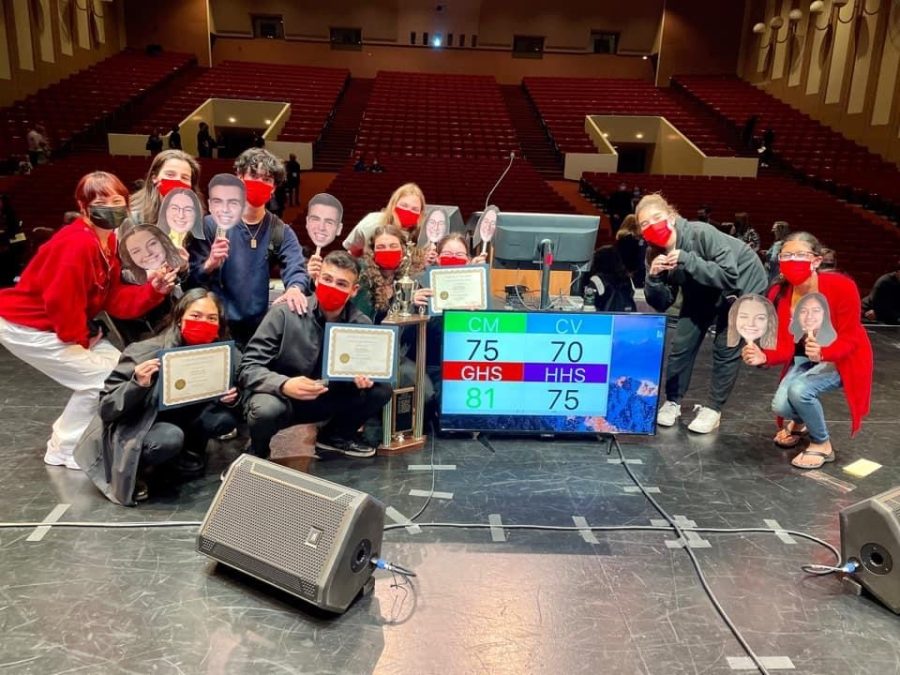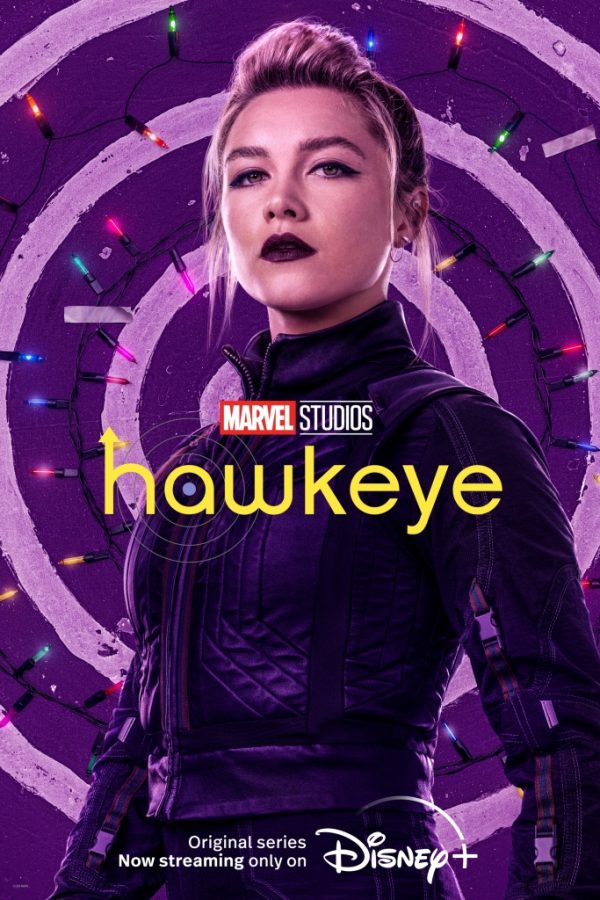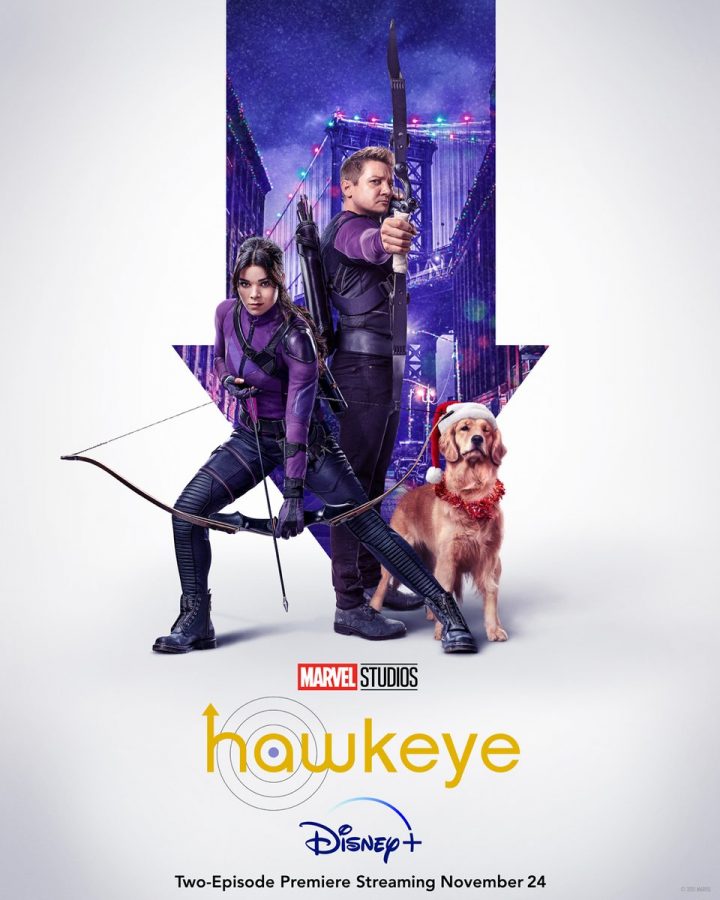Congressman Adam Schiff sat down with GUSD high school students to discuss the steps he is taking to respond to the Armenia-Azerbaijan conflict and answer student questions. Schiff expressed his thorough understanding of the subject, both acknowledging the roots of these unprovoked attacks from Azerbaijan as well as what is at stake: a potential second genocide. He believes this recent aggression is a means to distract the Azeri people, who had already begun revolting, from domestic issues such as the economy and Azerbaijani President Ilham Aliyev’s corrupt autocratic regime.
Schiff openly condemned the actions of Azerbaijan and Turkey, outright stating that Azerbaijan is the aggressor in the conflict, something many American politicians have failed to do in order to uphold neutrality. However, to Congressman Schiff, the neutrality demonstrated by the U.S. and other countries is damaging, as it only encourages the aggressors.
In other words, Schiff believes that the lack of foreign pressure is only fueling Azerbaijan’s violent flames, which is why he has introduced a new resolution that will condemn the governments of Turkey and Azerbaijan, for which he expects to get bipartisan support. Along with putting foreign pressures on these nations, Schiff stated that the United States needs to “consider recognizing the independence of Nagorno-Karabakh.”
Even before the conflict, Schiff has advocated for the U.S. to cut its military aid to Azerbaijan, having anticipated this aggression from past provocations, to which the counter has been that the military aid was sent for defensive measures such as border patrol. Nonetheless, Schiff believes that Azerbaijan is already sufficiently profiting off of their natural resources and foreign aid from Turkey, and he feels that the funding going to Azerbaijan can be redirected to a more useful purpose.
The congressman is currently prioritizing ending the violence, however he acknowledged that afterward, Azerbaijan could potentially face war crime charges for shelling civilian territories, such as cities and very recently, the historical cathedral of Ghazanchetsots. Schiff discussed that an investigation after the conflict could bring Azerbaijan to justice for these war crimes.
Students also posed numerous questions about the lack of action from the OSCE Minsk Group and Turkey’s position in the world as a NATO ally. Schiff expressed disappointment for the ineffectiveness of the Minsk Group, a subgroup of the OSCE tasked with resolving the Nagorno-Karabakh conflict peacefully. However, he acknowledged that there was a limit to their power.
Turkey has repeatedly taken action against the interests of NATO and Schiff stated that the hiring of Syrian mercenaries, and their refusal to cease hostilities, is endangering their position. He believes that it is time to have the difficult conversations about Turkey’s place in NATO and for NATO allies to ask themselves, “what benefit is NATO still deriving from Turkey?”
Admittedly, it brought some comfort to see that our representative not only understands the conflict, but also understands the threat facing the Armenian people. However, there was so little talk about action, actual action. To be fair, there is only so much one congressman can do, particularly one from a country that is not very involved in the conflict and is fixed on remaining neutral. However, I believe many of the students, myself included, would have liked to see more solutions.





